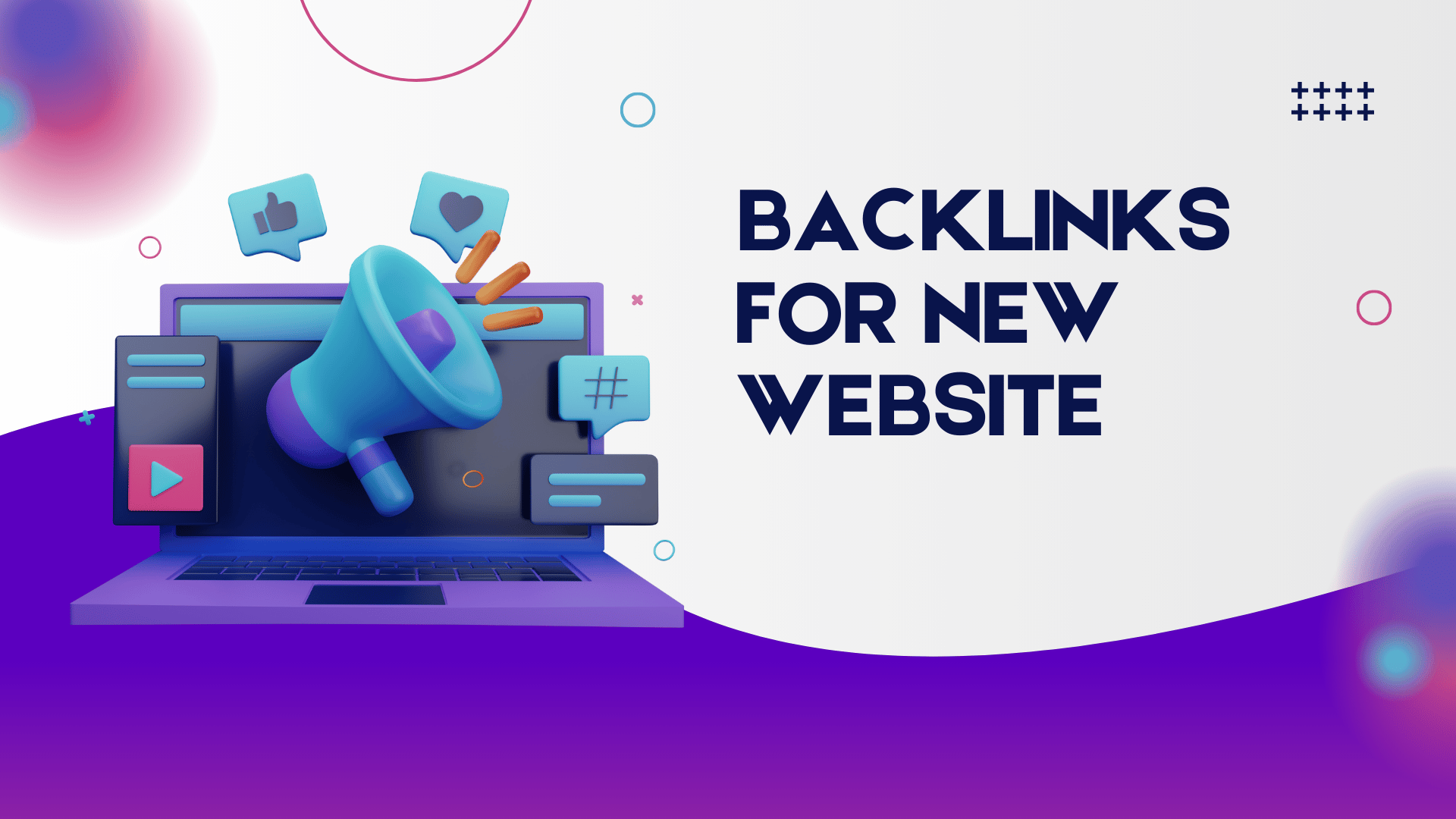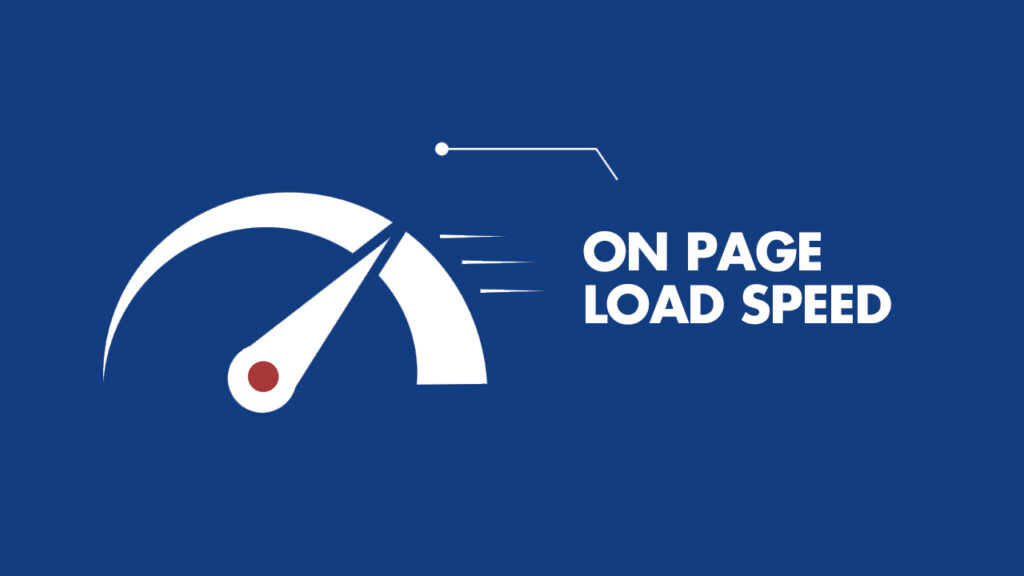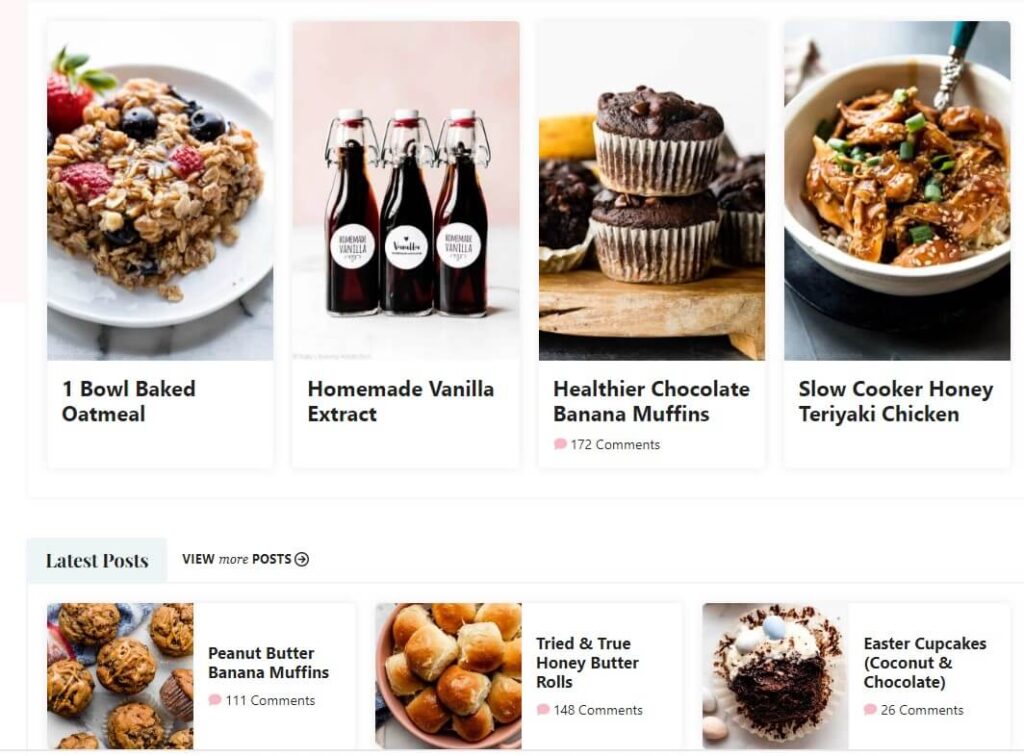Building backlinks for a new website can be challenging but incredibly rewarding. Backlinks, or inbound or incoming links, are links from one website to another. They are a crucial ranking factor for search engines like Google, helping to improve a website’s authority and visibility. In this guide, we’ll explore how to build high-quality backlinks for your new website, step-by-step.

What Are Backlinks and Why Are They Important?
Backlinks act like votes of confidence from other websites. When reputable sites link to your content, it signals to search engines that your website is trustworthy and valuable. This can lead to higher rankings in search results, more traffic, and increased credibility in your niche.
Key Benefits of Backlinks for New Websites
- Improved SEO: High-quality backlinks boost your search engine ranking, helping you compete in crowded markets.
- Referral Traffic: Backlinks drive traffic directly from the linking website to yours.
- Brand Authority: Being linked by reputable sites establishes your website as a credible source of information.
Understanding Different Types of Backlinks
Not all backlinks are created equal. Understanding the types of backlinks can help you prioritize your efforts.
DoFollow vs. NoFollow Backlinks
- DoFollow Backlinks: These pass SEO value (link juice) from the linking site to your website.
- NoFollow Backlinks: These do not pass link juice but can still drive referral traffic.
High-Quality vs. Low-Quality Backlinks
- High-Quality Backlinks: Links from authoritative, relevant, and reputable sites.
- Low-Quality Backlinks: Links from spammy or unrelated websites that can harm your SEO.
How to Build Backlinks for a New Website
Creating backlinks for a new website requires strategy and consistency. Below are proven methods to get started.
1. Create High-Quality Content
Content is the foundation of any successful backlink strategy. Ensure your content is:
- Informative: Answer common questions in your niche.
- Engaging: Use visuals, examples, and storytelling.
- Unique: Offer fresh perspectives or data.
2. Leverage Guest Blogging
Guest blogging involves writing articles for other websites in your niche. This strategy allows you to:
- Build relationships with other site owners.
- Earn high-quality backlinks.
- Reach a broader audience.
3. Utilize Broken Link Building
Find broken links on reputable sites and offer your content as a replacement. Tools like Ahrefs and Broken Link Checker can help identify broken links.
Top Tools to Help You Build Backlinks
Using tools can simplify and speed up your backlink-building efforts. Here are some of the best options:
- Ahrefs: For competitor analysis and backlink tracking.
- SEMrush: To discover new backlink opportunities.
- BuzzSumo: For identifying trending content and influencers.
Common Mistakes to Avoid When Building Backlinks
1. Buying Backlinks
Google penalizes websites for purchasing backlinks. Focus on organic strategies instead.
2. Ignoring Relevance
Backlinks should come from websites relevant to your niche. Irrelevant links can harm your site’s credibility.
3. Overloading Anchor Text
Using too many keyword-rich anchor texts can trigger penalties. Aim for a natural mix of anchor text types.
The Role of Social Media in Backlink Building
While social media links are typically nofollow, they can still drive significant traffic and increase the visibility of your content. Share your content on platforms like:
- Facebook This exposure can lead to organic backlinks from other websites.
How to Monitor Your Backlink Profile
Regularly tracking your backlink profile ensures you maintain a healthy and effective link-building strategy. Use tools like:
- Google Search Console
- Moz Link Explorer
- Ahrefs Backlink Checker
Check for:
- Toxic Links: Disavow harmful links to protect your site.
- New Links: Celebrate and capitalize on positive results.
Case Study: Successful Backlink Building for a New Website
Take, for instance, a hypothetical blog about sustainable living. By publishing detailed guides, collaborating with eco-friendly brands, and guest posting on niche blogs, the site gained 50 high-quality backlinks in six months. This led to a 300% increase in organic traffic.
FAQs About Backlinks
1. How many backlinks does a new website need?
There’s no fixed number. Focus on quality over quantity.
2. How long does it take for backlinks to impact rankings?
It typically takes 2-4 months, depending on the link’s quality and your content.
3. Can I rank without backlinks?
While possible, backlinks significantly boost your chances of ranking for competitive keywords.
Conclusion
Backlinks are the cornerstone of a successful SEO strategy for new websites. By creating valuable content, leveraging guest blogging, and utilizing tools effectively, you can build a strong backlink profile that propels your site up the search engine rankings. Stay consistent, focus on quality, and watch your website grow in authority and visibility.
Take action today and start building backlinks that make a real difference!



